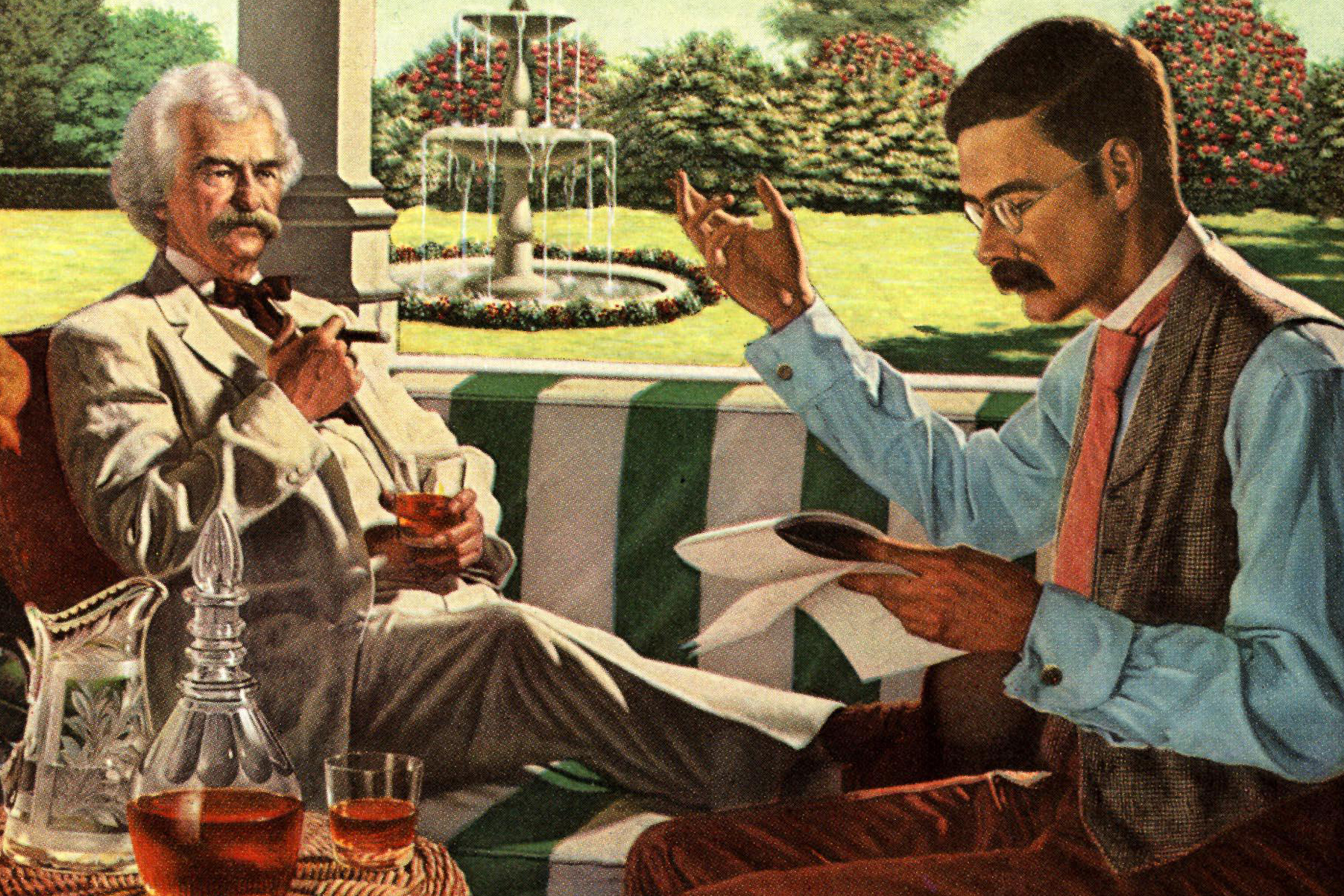Many were pleased to be called imperialists, determined to “take up the White Man’s burden … To seek another’s profit. And work another’s gain.” In the words of the poet laureate of empire, Rudyard Kipling (1865-1936), the United States too must
Take up the White Man’s burden—
Send forth the best ye breed—
Go bind your sons to exile
To serve your captives’ need;
To wait in heavy harness
On fluttered folk and wild—
Your new-caught, sullen peoples,
Half devil and half child.
Take up the White Man’s burden—
The savage wars of peace—
Fill All the mouth of Famine
And bid the sickness cease;
And when your goal is nearest
The end for others sought,
Watch Sloth and heathen Folly
Bring all your hope to nought.
Take up the White Man’s burden— And reap his old reward:
The blame of those ye better,
The hate of those ye guard—
The cry of hosts ye humour
(Ah, slowly!) toward the light— “Why brought ye us from bondage, Our loved Egyptian might?”

